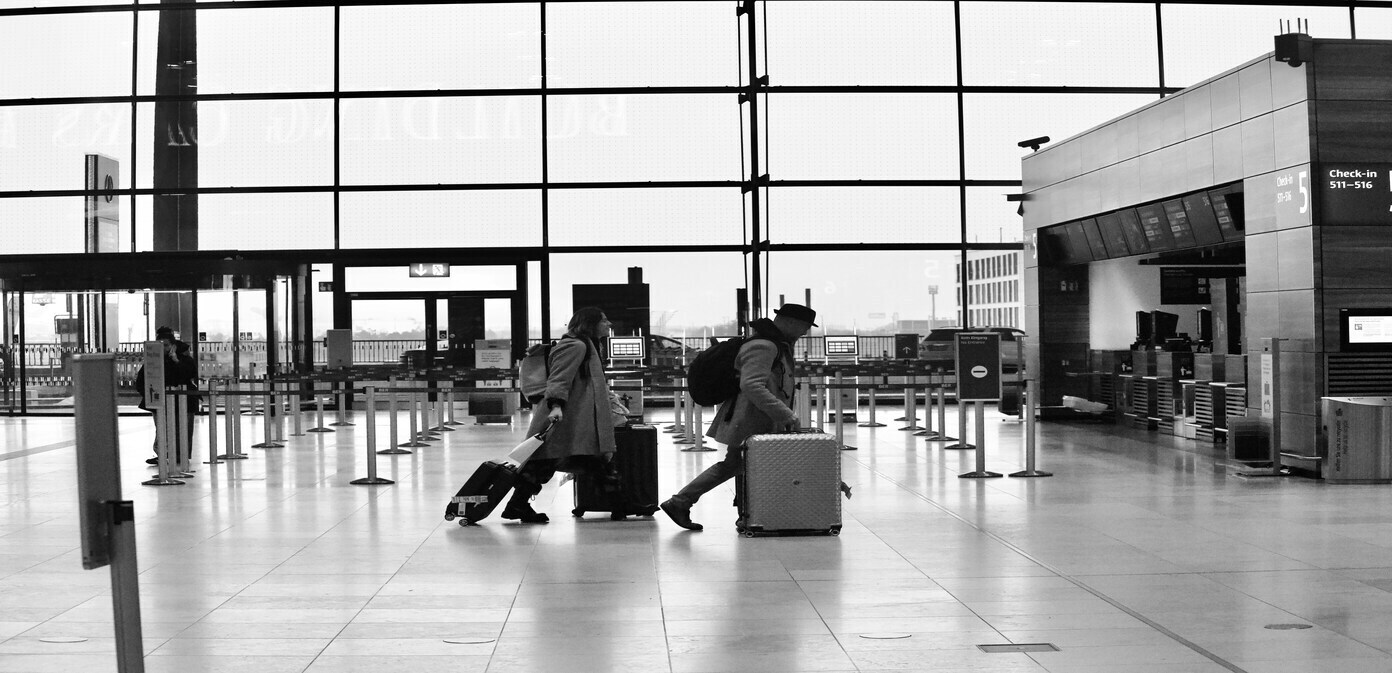If you’re a visitor to the U.S., a student, or an employee, there’s an extra charge you’ll need to pay. A new $250 “visa integrity fee” will be charged to millions of holders of visas from the 2024–2025 federal year. The provision is part of a large law that went into effect on July 4, called the One Big Beautiful Bill Act, signed into law by former President Donald Trump.
This fee has been in effect already, because the U.S. fiscal year began on October 1, 2024, and will last until September 30, 2025. If this is you, here is what you should know.
Who is required to pay this fee?
The new $250 fee only affects nonimmigrant visa holders—people who are in the U.S. temporarily for reasons like:
- School attendance at a university
- Work in a professional job (e.g., engineers on H-1B visas)
- Temporary visit worker programs
Over 10 million nonimmigrant visas were issued in 2023 alone, so it’s a significant change that can affect a lot of people.
If you’re only visiting as a tourist under the Visa Waiver Program (e.g., most European, Japanese, or Australian tourists), you’re not affected.
Can you get the money back?
Yes—maybe so. According to the law, visa holders will be refunded if they comply with all of the visa rules and leave the U.S. within five days of the termination date of the visa. There is a however: the process of refunding your money hasn’t been defined yet.
Now nobody even knows when and how the fee is to be paid or where to pay it. Department of Homeland Security spokesman Brian Doyle suggested charging the fee will require several government agencies working together first.
Also, it’s not certain if those who have already received their visas this year will need to pay the $250 afterwards. In short, there are more questions than answers still.
Enormous costs to students and workers
This fee is not a solitary charge. For employees and students, it gets tacked on in addition to existing fees.
Let’s examine how much it would cost an applicant for a student visa:
- Application for student visa: $185
- SEVIS (Student and Exchange Visitor) fee: $350
- New visa integrity fee: $250
- Total: $785
That’s a whopping cost, especially for overseas students who already have to pay exorbitant tuition, book, and living fees.
Read this later
What is Journavx, the FDA-approved analgesic designed to end opioid addiction and overdose risk
Good news for fliers: after shoes, another carry-on restriction may be lifted
How dangerous is chronic venous insufficiency, the condition Donald Trump has been diagnosed with
What happens if Trump fires Fed Chair Jerome Powell
What is affected by the $9 billion spending cuts demanded by Trump and approved by the Senate
A fee for asylum seekers, too
It’s not just workers and students—asylum seekers are in the middle of it, too. Now they get charged an additional $100 fee, and then there are additional fees on top of that, which will put them at $1,150 in cost. That’s a drastic change, by the way, because asylum was previously completely free.
And as the American Immigration Council points out, that just makes it that much harder for people to utilize legal avenues of entry into the U.S. They claim these new fees are “added on top of already current costs” and so far too expensive for the average citizen.
Who doesn’t have to worry?
If you are a citizen of a country that is covered by the Visa Waiver Program, like:
- The U.K.
- Germany
- Australia
- Japan
- South Korea
and you’re visiting for less than 90 days, you’re not charged to obtain a visa, and you don’t spend the $250.
Conclusion
This new $250 visa integrity fee doesn’t sound so bad at first, but to students, professionals, and refugees, it’s soon a sizeable sum. Even though some will be refunded later, the confusion makes it more difficult.
Until then, it’s best to stay abreast if you’re visiting the U.S. on a visa in 2025. There are likely more regulations and more answers on the horizon.

